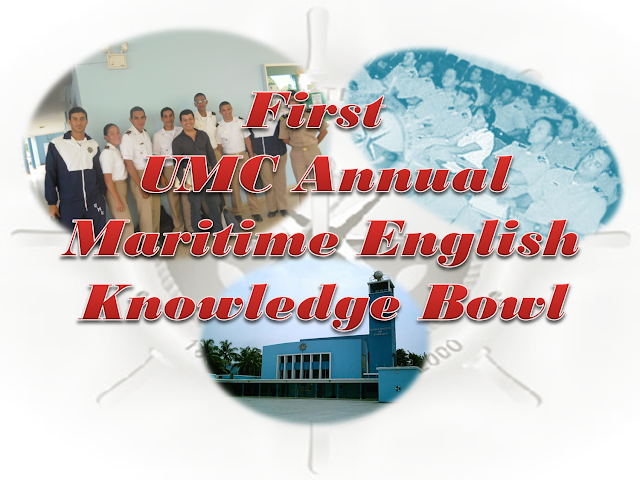Communities of Practice.
Lave and Wenger (1998) state that “communities of practice (CoP) involve people sharing common concerns, sets of problems, or the same interests in a topic. they share information and experiences and because of this process of sharing, all the members of the community learn from each other and have the opportunity to develop themselves both personally and professionally”.
These organizational groups are characterized by having as many objectives as members in their circles. They give participants great opportunities to share their best practices and experiences on specific domains, or fields of knowledge.
Communities of practice are meant to be of great importance for establishments such as non-profit associations, business corporations, educational institutions and even government organizations because they : connect people who, otherwise, would not have the time to interact; enable dialogue and discussion between their participants; stimulate learning; introduce collaborative process, help people organize and generate learning. (Wenger, Mc. Dermott & Snyder, 2002).
In field of teaching English as a foreign language (TEFL), CoPs have been gainig ground. Teachers and researchers in this area have started to take action and decided to assemble these types of communities given the lot of opportunities they offer for interaction and knowledge sharing. EFL teachers and researchers have realized that a great way to be exposed to the latest and newest information regarding their jobs is by interacting with their colleagues. This interaction, of course, can be possible through a community of practice.
In Latin-America and Venezuela CoPs regarding the English language teaching field such as Webheads in action, Avealmec, VenELT, ELTnet, among others are well known by those doing research in the EFL/ESL teaching field and those really interested in sharing their experiences and expertise related to those fields. Interesting, exciting and sometimes divisive topics are discussed and participants contribute with their knowledge and expertise to state their view points and clarify doubts. In particular case of Webheads in action, educators meet to discuss about the emerging communications technologies, a very important area which really complements the ELT field.
Social Networks
A social network is “a social structure made up of individuals which are connected by interdependency such as friendship, other relationships, common interests, knowledge and even status”. (Wikipedia, 2011).
A very popular social networking service worldwide is Facebook. This service was originally created with the only purpose of helping students of Harvard University get to know each other better. However, nowadays Facebook has expanded so much to the point of having 750 million active users worldwide. (Wikipedia, 2011)
Facebook as social networking service owes its popularity to the fact that it is a very friendly- and- easy- to- use platform, which means any user does not need to be an expert in software or technology to use it. This platform provides users with a wide range of possibilities to interact and socialize. Facebook users can create their personal profiles with pictures, create lists of personal interests, communicate with friends, relatives, and other users, create and join interest groups, among other services.
The first time I signed in and tried with Facebook, I was really excited thinking of the lot of possibilities this platform was offering me to meet new people and socialize. I could not believe about its popularity. I realized how popular Facebook was when I started to contact many of my childhood friends, high school and college classmates, who I had lost track of due to many reasons. It was an amazing experience.
I may say that this social network service has helped me a lot both personally and professionally in the way that it has offered me the opportunity of meeting and interacting with people, teachers and researchers from other countries. We have changed valuable information regarding our profession and more. In addition, The greatest benefit that Facebook has given me is the numerous opportunities to practice my English with people from all over the word, and also know a little more about their cultures. This is definitely not an artificial means to practice English, but a real one.
Facebook link









